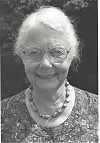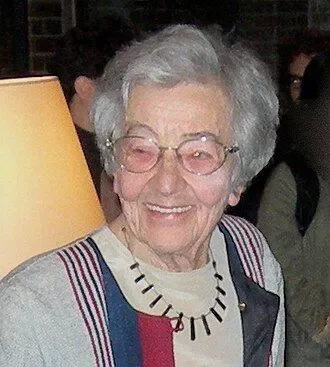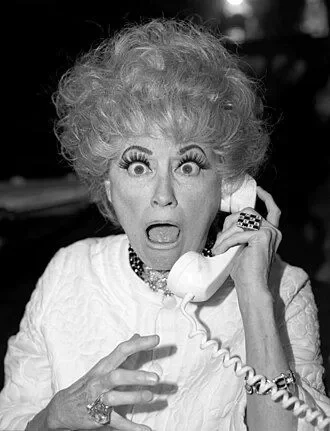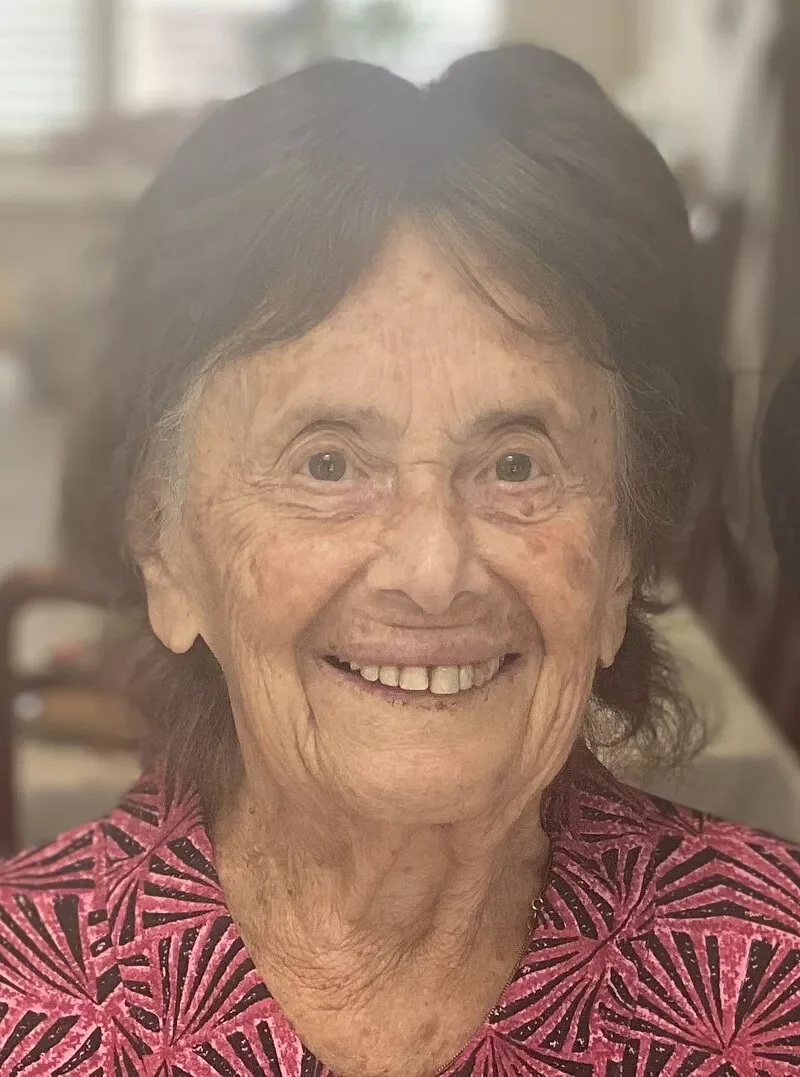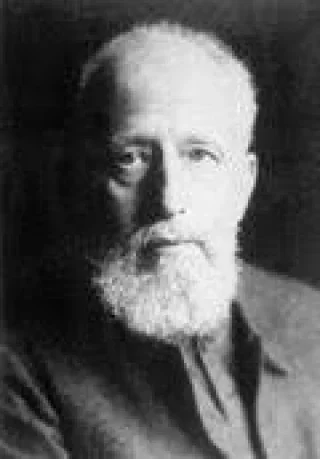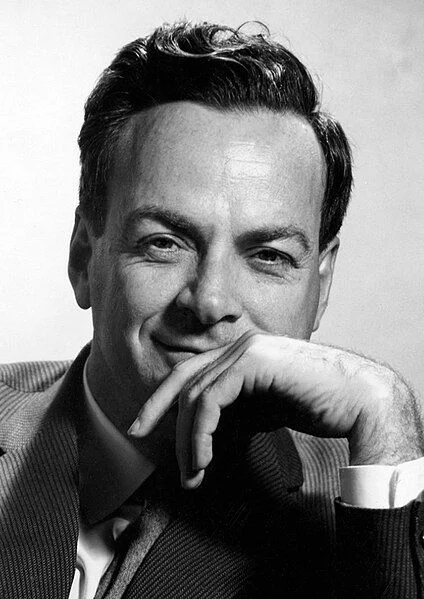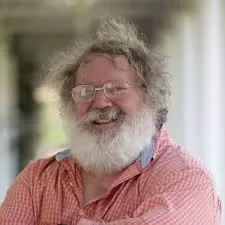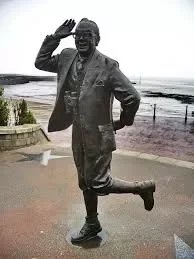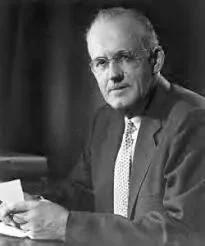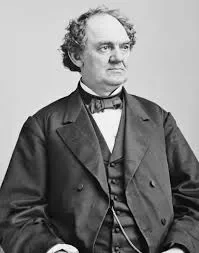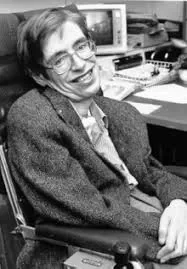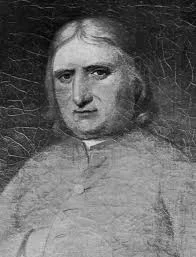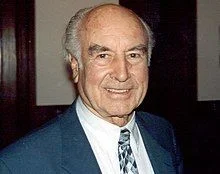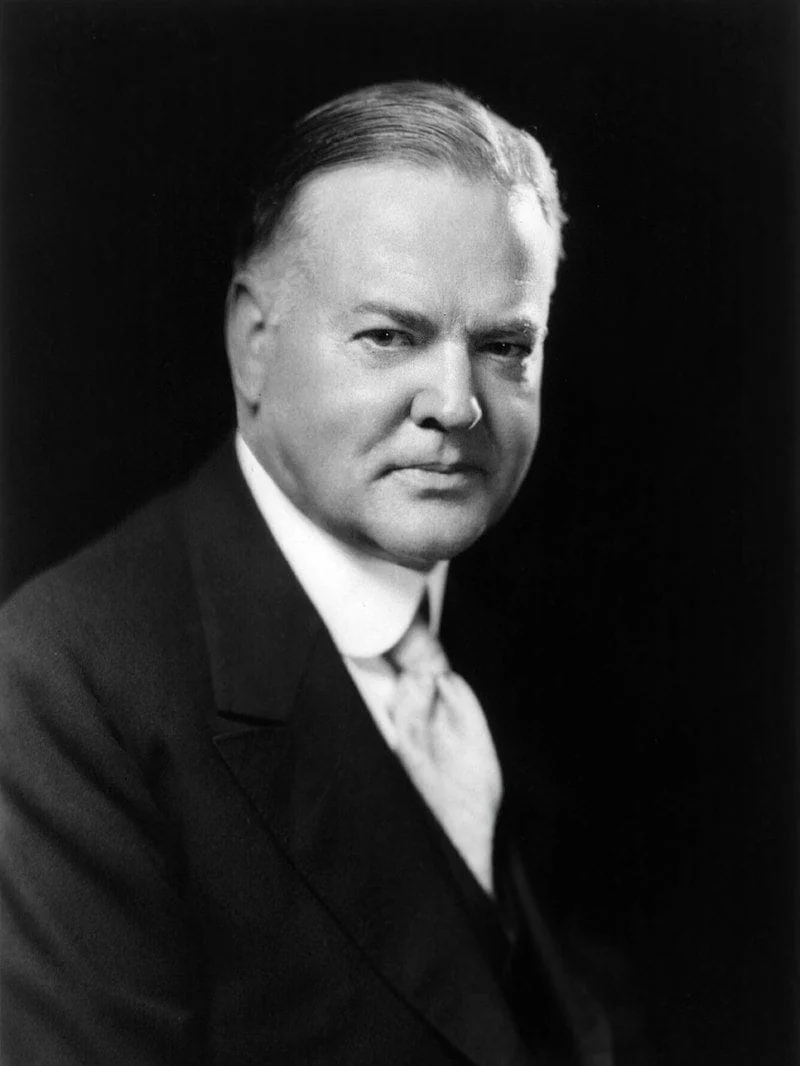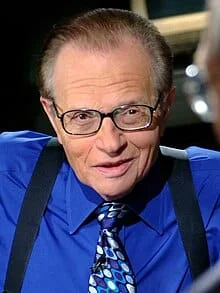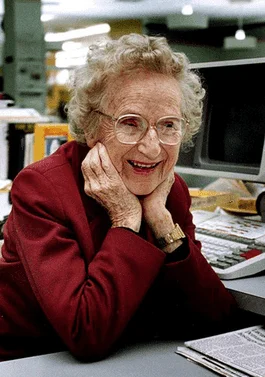Real Celebrities Never Die!
OR
Search For Past Celebrities Whose Birthday You Share
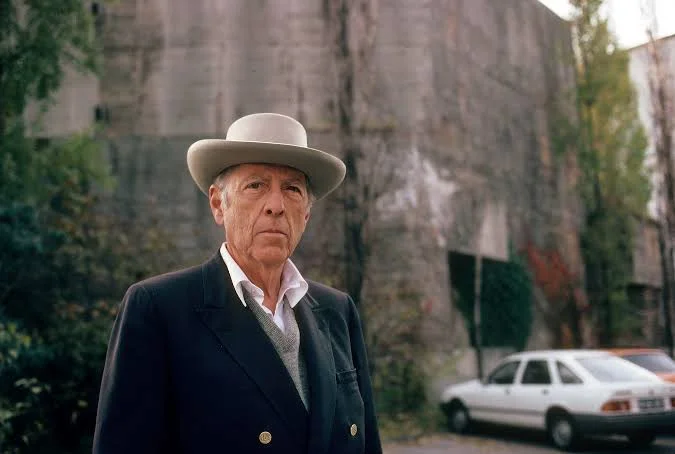
source:
Herman Wouk
Birthday:
27 May, 1915
Date of Death:
17 May, 2019
Cause of death:
Natural causes
Nationality:
American
Famous As:
Author
Age at the time of death:
103
Herman Wouk's Quote's
Early Life and Family Background
Herman Wouk was a popular American author whose novels were set against the backdrop of historical events. He was famous for his historical fiction, which captures the historical essence and delves into the complexity of human experience.
Wouk was born on May 27, 1915, in New York City, U.S. in the Bronx to Russian-Jewish immigrants. He was the second child of Esther and Abraham Isaac Wouk. His father’s determination and resolution lifted the family from poverty as he opened a successful laundry service. Due to the influence and control of his grandfather, Wouk resisted Talmudic study but later embraced it.
Education and Early Career
After his period as a young adult, he returned to his religious practice. Judaism and the U.S. Navy had a profound impact on his later life and career. Wouk graduated from Townsend Harris High School and received his bachelor’s in Arts from Columbia University in 1934. Wouk’s early career was working as a radio dramatist in David Freedman’s “Joke Factory” and later with Fred Allen.
Military Service in World War II
Herman Wouk joined the U.S. Naval Reserve in 1942 after the Pearl Harbor attack and served in the Pacific Theater during World War II. He was promoted to the rank of lieutenant and later served on the USS Zane and USS Southard, becoming the executive officer. Wouk was involved in six invasions, including the New Georgia Campaign and the Battle of Okinawa. In the Navy, he began writing “Aurora Dawn” during off-duty hours, which became famous when he later published it. He finished his military career in 1946, gaining insights into machinery and human behavior under pressure.
Literary Success and Recognition
Wouk’s literary career was filled with triumphs and challenges. His work “City Boy” in 1948 was a disappointment, but his later work “The Caine Mutiny” in 1951 was a success, and he also received the Pulitzer Prize in fiction. The novel also received a film adaptation and a Broadway play. Wouk’s works are known for their diversity, some of them include “Marjorie Morningstar” in 1955, and the non-fiction “This is My God” in 1959. In the 1960s, he wrote “Youngblood Hawke” in 1962 and “Don’t Stop the Carnival” in 1965, which was later adapted into a musical.
Monumental Works and Later Career
His later works were marked as monumental novels, delving into the Russian-Jewish experience, and featuring novels about Israel’s early years. Some of his works include “The Winds of War,” “War and Remembrance,” “Inside, Outside,” “The Hope,” and “The Glory.” His work “A Hole in Texas” delved into science, and “The Language God Talks” explored the intersection of science and religion. On his 100th birthday, he published “Sailor and Fiddler.”
Legacy and Passing
On May 17, 2019, Herman Wouk passed away in his sleep at the age of 103 in Palm Springs, California. Wouk had an impactful career that spanned decades and gained widespread recognition for his work. His death marked the end of his influential literary career. His impact on historical fiction remains significant and continues to be celebrated
Name:
Herman Wouk
Popular Name:
Herman Wouk
Gender:
Male
Cause of Death:
Natural causes
Spouse:
Place of Birth:
New York City, U.S.
Place of Death:
Palm Springs, California, U.S.
Occupation / Profession:
Personality Type
Advocate: Quiet and mystical, yet very inspiring and tireless idealists. Wouk was an idealist who persevered in his writing despite challenges.
Before becoming a full-time author, Wouk wrote jokes for comedians.
Wouk wrote the screenplay for the 16-hour TV mini-series version of his "The Winds of War" after the original screenwriter died.
He was given Lifetime Achievement Award for the Writing of Fiction in 2008
He won the Pulitzer Prize in 1951

